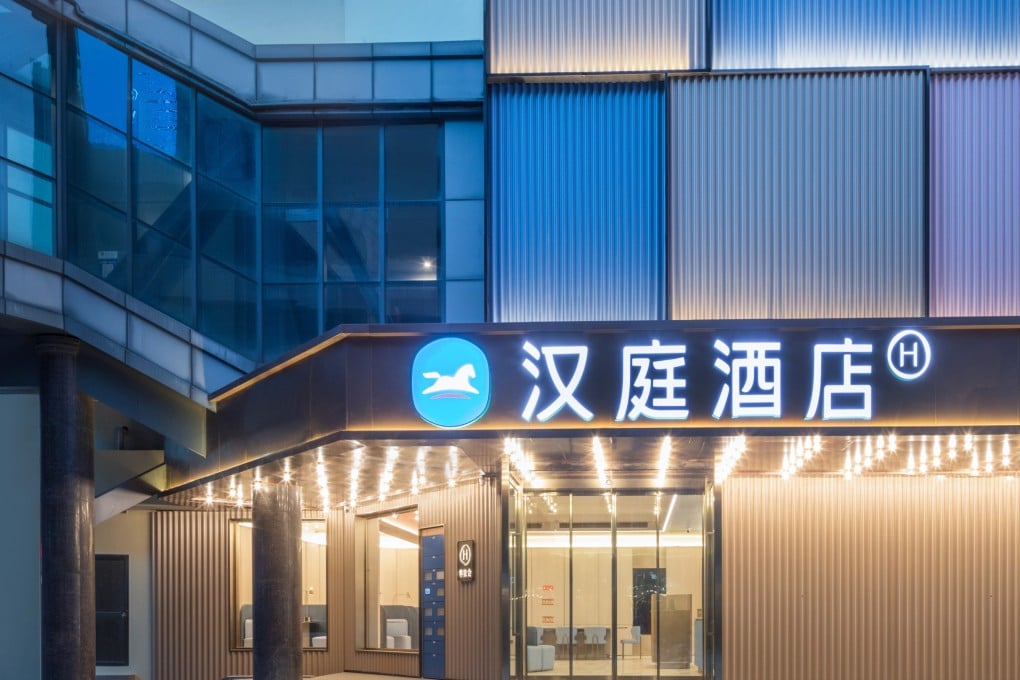H World, China’s No 2 hotel operator, to aim for wider network, margins as post-Covid recovery fuels turnaround, CFO says
- Firm is ‘pivoting from leased and owned hotels to manachised ones’ to increase profit margin, CFO says
- H World benefited from a recovery in China’s tourism market in the second quarter

H World Group, China’s second-largest hotel chain operator by rooms, is refining its strategy to capture post-pandemic spending boom in the industry, with plans to cover more mainland cities after turning around its business this year.
“We are pivoting from leased and owned hotels to ‘manachised’ ones, to increase our profit margin,” chief financial office He Jihong said in an interview in Hong Kong. H World’s strategy is expected to help the group cover more lower-tier cities, where there is a huge demand for budget-conscious, limited-services hotels, she added.
Manachised hotels are properties that are managed but not owned or leased by the operator.

H World, which manages hotel brands include HanTing, Ji, Grand Mercure and Ibis Styles, reported a profit of 2 billion yuan (US$272.4 million) for the first half of 2023, having lost a combined 4.5 billion yuan in the three preceding years during the coronavirus pandemic.